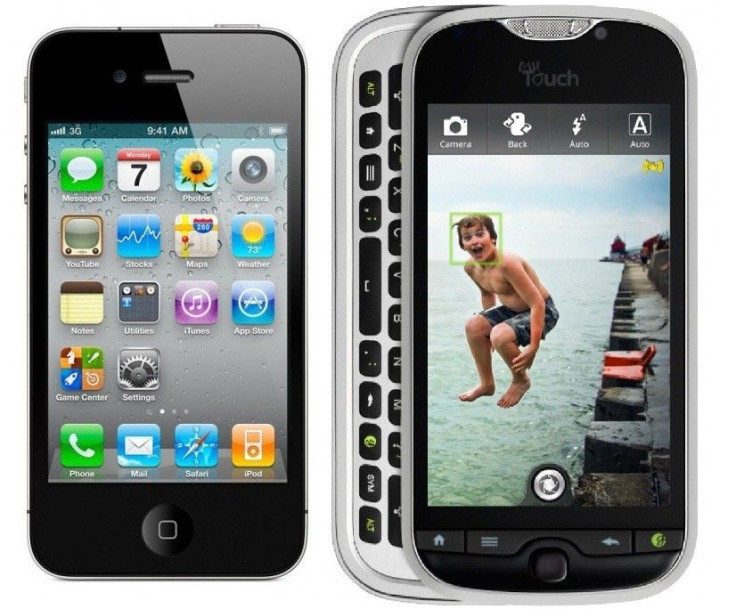iOS Versus Android: It's All About Intellectual Property

The United States International Trade Commission (ITC) ruled on July 15 that HTC had infringed on two of the four patents involved in its lawsuit with Apple (NASDAQ:AAPL). The ITC also ruled that all four of Apple's patents were valid, a significant victory for Apple.
Apple sued HTC in March 2010, alleging that HTC had infringed on 20 patents. But, on Court order it was consolidated around four key patents.
Contrary to some popular technology blogs there are no workaround to these data capture and API patents which are fundamental to touch and user interface and is core to the Android OS. Theoretically this could negatively impact all Android handset OEMs/ODMs, Rodman & Renshaw analyst Ashok Kumar wrote in a note to clients.
While HTC could appeal the initial ruling, there is no precedent where the final determination by the USITC differs materially from the initial ruling.
While an injunction on HTC phone portfolio is a low probability event, the likely outcome is that HTC will be forced to pay royalties to Apple, the analyst said.
HTC currently pays over $40 in royalties per smartphone including about $5 to Microsoft (NYSE:MSFT) for Android phones violating its patents.
We believe that Apple will receive comparable payments, said Kumar adding that the patents asserted by Apple against Samsung have substantially more legal grounding than its lawsuit against HTC.
Based on the substance of Apple's legal position, and the recent precedent, there is better than even chance that the ruling will be in Apple's favor. In addition, Microsoft has also demand that Samsung pay $15 for each Android smartphone its ships for patent violation.
With further validation of Apple's key multi-touch patent portfolio, Apple can legally pursue the rest of the Android handset original design/equipment manufacturers for royalty.
With a paucity of patents, only 600 at last count against Apple's 4,000 and Microsoft's 17,000, Google (NASDAQ:GOOG) is on the defensive.
It is not in a position to indemnify any of the participants in the Android ecosystem. The direct result is that the margin of handset OEMs in the Android ecosystem, net of royalty payments, is rapidly eroding.
Google is seeking to rectify this structural deficiency by seeking the help of Department of Justice (DoJ) to probe the recent acquisition of Nortel's wireless patent portfolio by the Apple/Microsoft consortium.
Earlier, Oracle (NASDAQ:ORCL) has sued Google over the use of Java in Android. Also Microsoft and Apple have separately sued Motorola (NYSE:MMI).
We believe that it is only a matter of time before Apple legally goes after Google, Kumar said.
While Android may be winning the market share battle, for now, without the protection of patent portfolio it will likely lose the long-run battle against Microsoft and Apple (iOS), the analyst said.
Meanwhile, royalties could become a significant new source of revenues for Apple.
© Copyright IBTimes 2024. All rights reserved.











